I left Rome on Friday evening. It was 37°C. I came back last night and it was 16°C. People tell me it rained cats and dogs over the weekend. Would summer be over?
Two weeks ago, on Sunday August 31, I wrote a piece about the first signs of fall. Now would be a good time to post it.
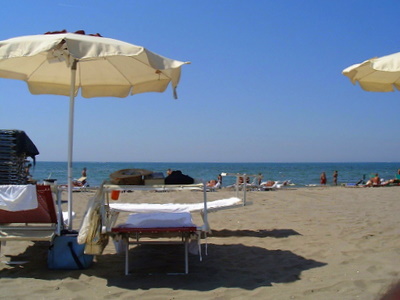
The First Signs of Fall.
I made up my mind this morning: I
am going to the beach. I live 200 metres from the edge of the Mediterranean, and can hear it, smell it and feel it through the bedroom window in the morning. But I don't often go to the beach in the summer. It is crowded. Italians flock to the beaches in the summer, seemingly enjoying huddling as closely together as possible, occupying every possible grain of sand. They don't seem to mind to queue up in the traffic jams together with thousands of like-minded, escaping Rome in the weekend. No matter they have to snail up from the toll booth as they leave the highway, all the way to their favourite beach spot on the Lungo de Mare. Only to end up on a crowded beach with crowded restaurants. And to queue up all the way back to Rome in the evening. This to say: it is crowded. And I hate crowds.
But I love the sea, the beach, the endlessness as I watch the sailboats slide over the horizon line. So today, I made up my mind: I
am going to the beach! My feet did not touch the sand
since the girls were here several weeks ago. It was peak summer then. With hot days and humid nights. The days are still hot now, but the nights are cooler. The beaches are still crowded as if it were peak summer. And yet it is not. I know it will be two, three weeks more before it will all be history.
Alicia, the girl behind the bar at the 'stabilimento', the beach club, reminds me of the ending of summer, as she greets me in French - she knows me from the past weeks when we came here with the girls-: "Hey, how are you? This is my last day, here today!".
I remember she had mentioned to only work here during the summer, and thought of moving to Paris in fall.
"Hey, Alicia, are you still going to try your luck in France?"
"No, I will be working in a kindergarten in Rome as of next week!", she smiles.
As I walk to the restaurant, Karim, the Tunisian waiter, passes by and stops for a chat.
"Alone today, sir?", he asks, remembering the girls were with me last time. "Where would you like to sit?". He looks around and smiles, pointing his chin to a young lady sitting at a table by herself. "Next to some pretty company?".
"Rather not! Alone and love to be alone!", I joke back.
"Last day for me!", he says, as he prepares a table for me in the corner.
"And where next?", I ask.
"Ah, going to see my mum in Tunis for a month, and afterwards, I want to try my luck in the North of Italy, where the ski resorts will open up for the winter soon. We'll see. I am flexible."
All signs that, even though it is over 30°C, winter is just around the corner. A few more weeks and Singita, my favourite beach bar, will close up, packing up its wooden bar-bungalow in tarpaulins. A few more weeks, and the beach boys-slash-life guards will no longer unpack the lettini, the beach chairs, in the morning. Nor will the men with tractors drive the pallets of chairs to their night-shelter in the evening. Everything will close down for the winter, leaving the beaches clear to be littered with storm debris: tree branches, broken buoys and pieces of rope and nets, rather than the plastic water bottles and tubes of sun screen the summer guests leave behind in the summer.
Just a few more weeks. Everyone knows, and everyone lives through it, still enjoying the last bits of warmth, the last bits of summer. As I doze off in the sun, with the salty wind brushing my hair, I wonder if this is how it must feel to get old. Enjoying the last remains of the good life, knowing the cold is near. And in one's imagination, still hearing the laughter your children, like little drops of joy. And the nearness of your wife, bronzed, smiling at you with her bright blue eyes, in the beach chair next to you. All knowing that it is far in the past, even though it seems only hours have gone by since they were right there.
Just as
this summer was long awaited, and
hoped to last forever, a youngster hopes for his adult years. And just like this summer seemed to have lasted only for minutes, so must life be. Would in the end, one think: "Hey, this only lasted only for minutes, this life?". At least I have one thing I am happy for: I enjoyed those minutes of life. I enjoyed my moments in the warmth of summer.
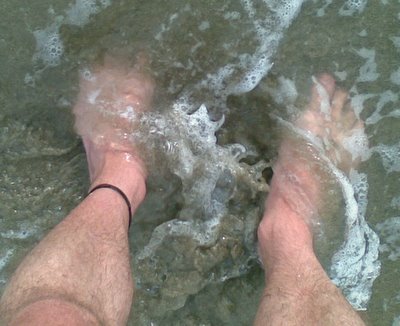 Read the full post...
Read the full post...


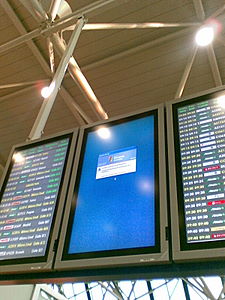

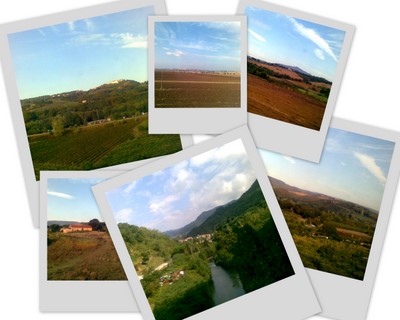
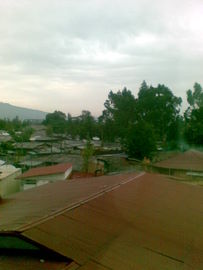
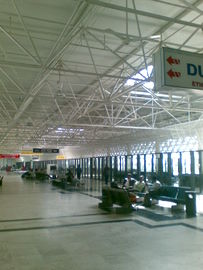

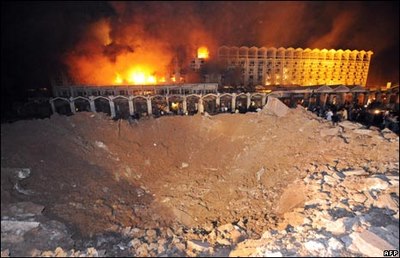

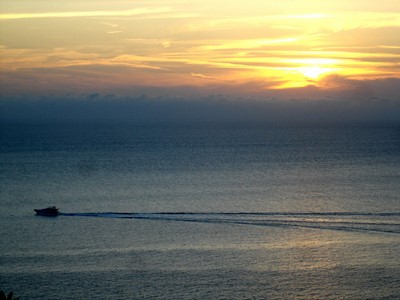

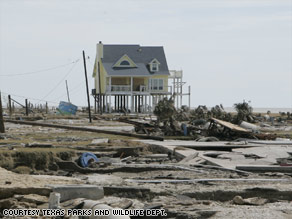
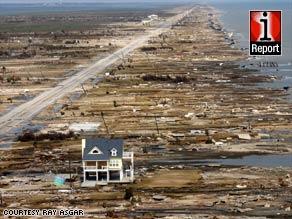


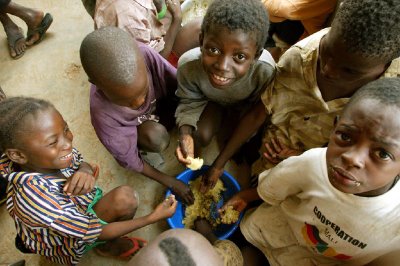
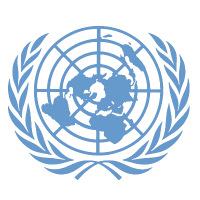
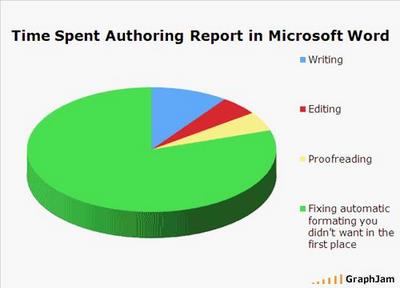

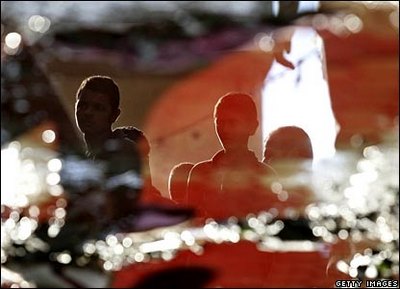
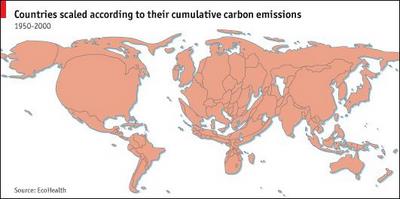


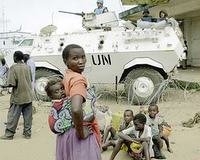


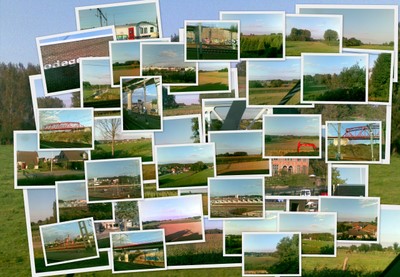


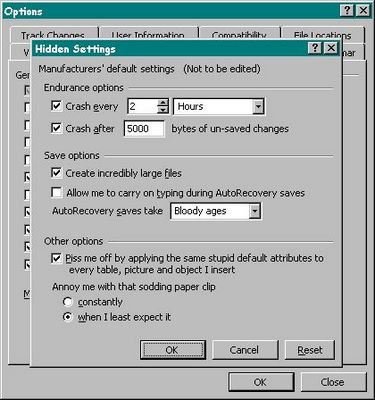















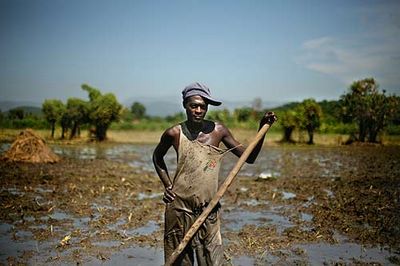
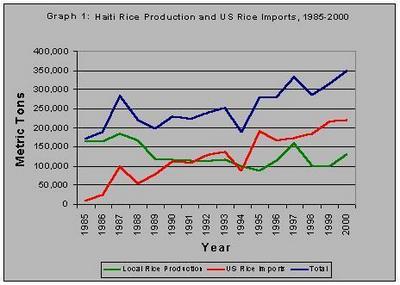
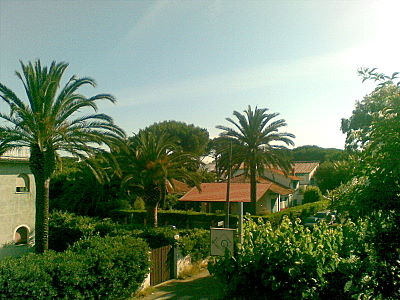


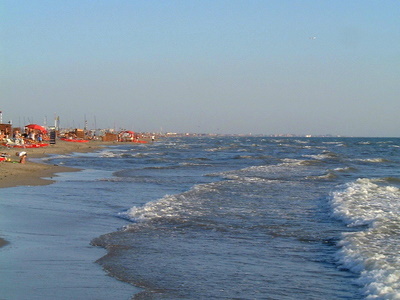
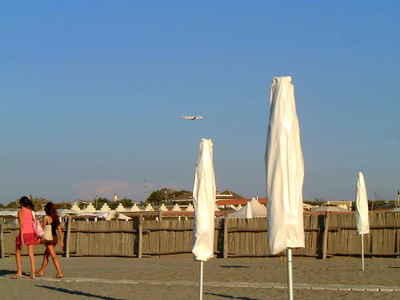
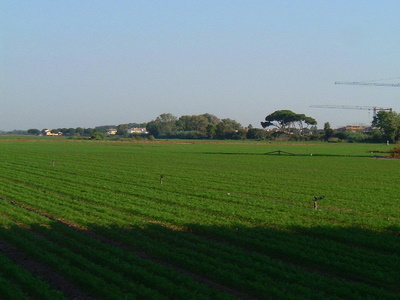
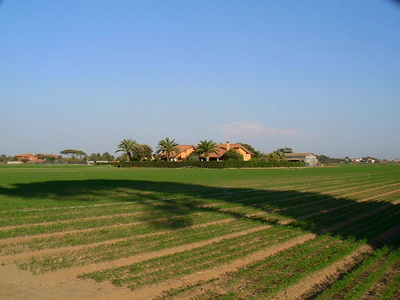
 Peter. Flemish, European, aid worker, expeditioner, sailor, traveller, husband, father, friend, nutcase. Not necessarily in that order.
Peter. Flemish, European, aid worker, expeditioner, sailor, traveller, husband, father, friend, nutcase. Not necessarily in that order.
The Road's Dashboard
Log in
New
Edit
Customize
Dashboard